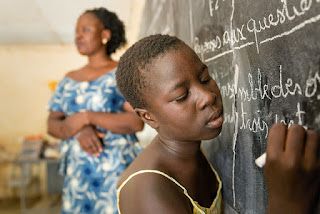Women and diplomacy
The art of negotiating and managing relationships between countries is called diplomacy, and historically men have dominated this profession. However, in recent years, women have made significant advancements in diplomacy, and their work has helped to end wars, advance global peace and security, and protect human rights.
The ability of women to bring a unique viewpoint to the negotiating table is one of the most important contributions they make to diplomacy. In diplomatic negotiations, women frequently offer a distinctive perspective and experience that can contribute to more inclusive and successful outcomes. They can assist in elevating the opinions of marginalized groups like women and children because they are frequently more sensitive to their needs and concerns.
Also, women in diplomacy have played a significant role in advancing world peace and security. Women have participated in peace talks in a variety of conflict areas, including Colombia, Liberia, and Northern Ireland. They have been crucial in addressing topics that are frequently ignored in conventional peace negotiations, including as violence against women, the use of children as troops, and violence against women.
Women in diplomacy have contributed significantly to the advancement of human rights and gender equality in addition to supporting peace and security. They have fought to end gender-based violence, advance the rights of women and girls globally, and encourage women's involvement in politics and public life. The advocacy for the participation of women in peace talks and decision-making processes has also been greatly aided by women in diplomacy.
Women in diplomacy continue to confront tough obstacles despite recent advancements. High-level diplomatic positions are frequently underrepresented by women, and recruiting and promotion decisions may be biased and discriminatory. Negotiating with delegations that are predominately made up of men might be difficult for female diplomats as these delegations might not be sympathetic to their points of view.
It is critical to encourage more women to have positions of influence in diplomacy at all levels in order to address these issues. Along with tackling bias and discrimination in employment and promotion, this also entails advancing women's leadership and representation in international organizations. We can contribute to the development of a more diverse and productive international community by trying to encourage women's involvement in diplomacy.




Comments
Post a Comment